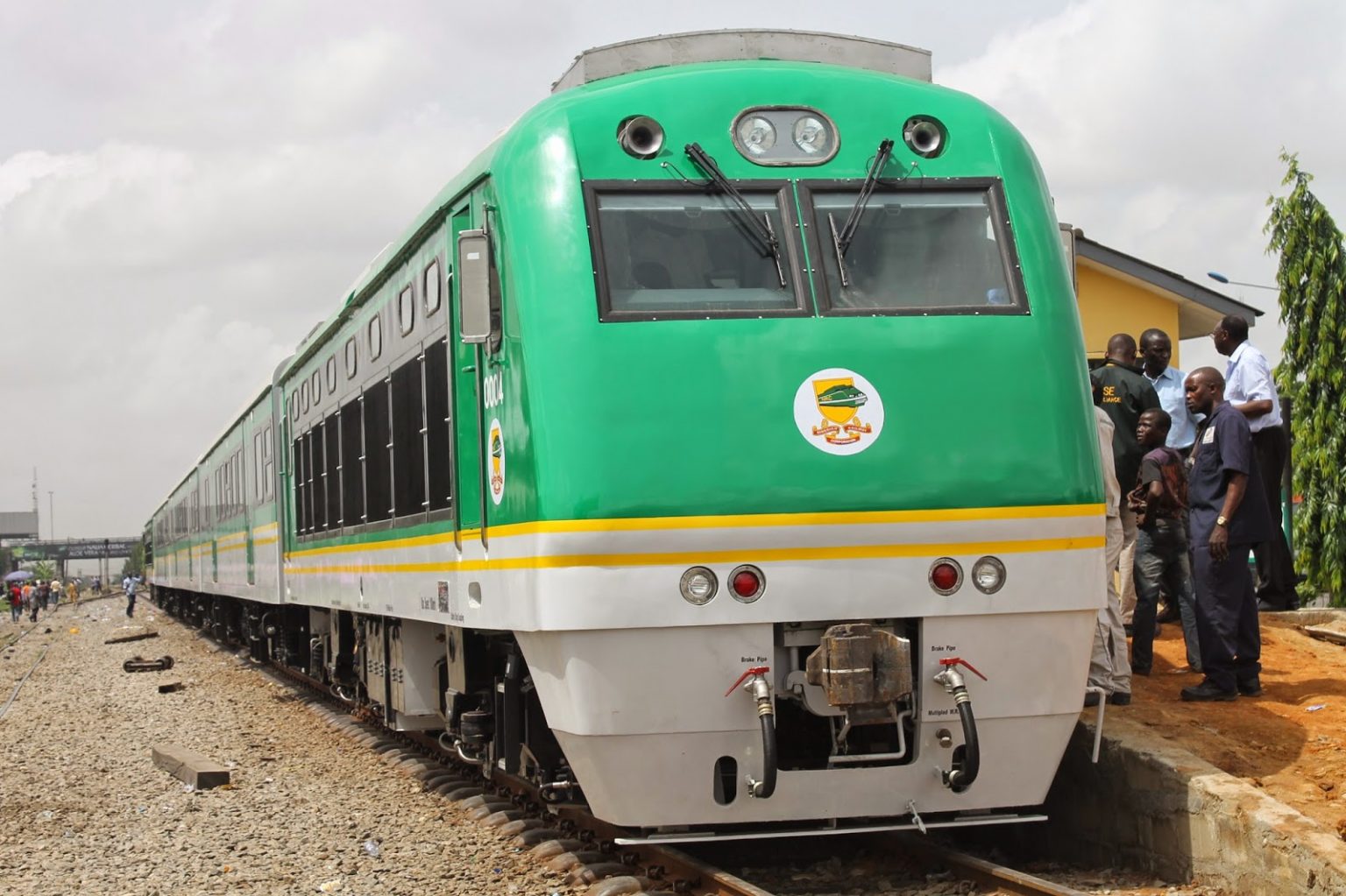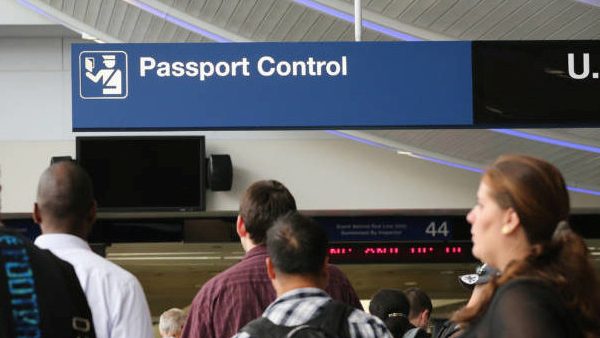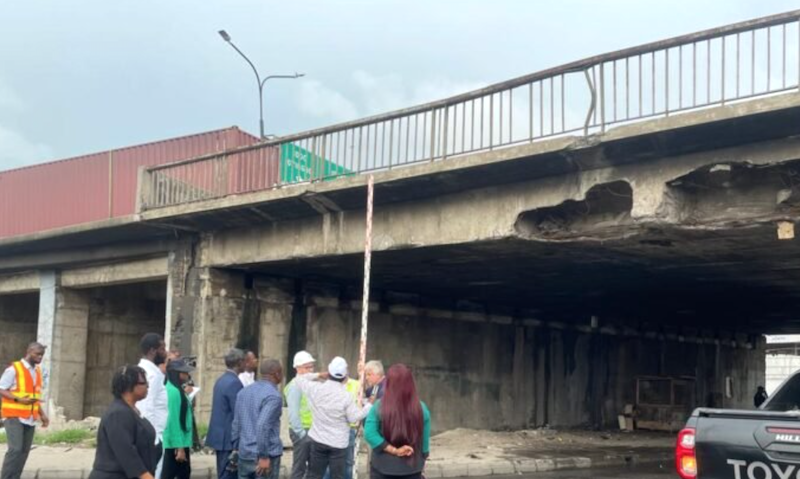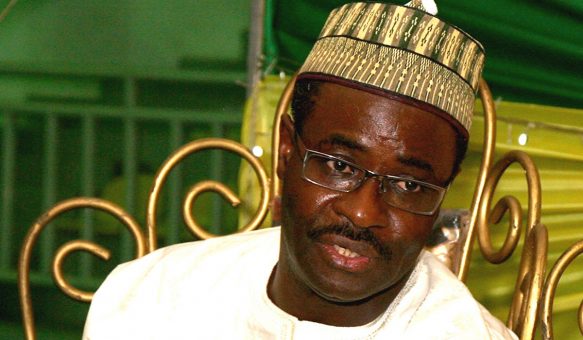Director General, Budget Office of the Federation, Tanimu Yakubu, on Thursday provided clarity on the multi-budget operations.
The 2024 Appropriation Act, 2024 supplementary budget, and 2025 Appropriation Act are running simultaneously.
The National Assembly this week extended the capital vote component of the 2024 budget till December 31.
According to Yakubu, the development is not a sign of fiscal confusion but a deliberate response to real-world economic and administrative realities.
Addressing public concerns over the overlapping fiscal instruments, Yakubu said that while the simultaneous operation of multiple budgets may appear unconventional, it is legally grounded and administratively necessary.
“It reflects the real-world overlap between budget law, execution delays, and system-wide reform efforts,” Yakubu said.
He said the concurrent implementation of budgets is not outside the bounds of national laws and conforms to global best practices.
He outlined that the Finance Act, Appropriation Act clauses, and Central Bank of Nigeria’s circulars provide the legal basis for this coexistence by allowing rollover of capital releases across fiscal years; cash-flow bridging to support early implementation of new budgets; and parallel accounting for complex or externally-financed infrastructure and social programmes.
He said: “This is not fiscal dysfunction—it is the transitional cost of trying to modernise a complex, high-volume national budget system.”
He described the current situation as “institutional flexibility in managing fiscal transitions”, noting that the critical issue should not be the number of budgets being operated but the coordination and transparency in their execution.
“What’s in operation now is a reforming system, not a chaotic one.
“The 2025 budget is being implemented in earnest, while residuals from the 2024 and Supplementary Budgets are lawfully closed out and disbursed.
“This is part of building a more agile and accountable public finance framework.
“Nigeria’s overlapping budget operations are legal under current fiscal statutes, technically necessary due to multi-year projects and delayed implementation, and comparable to practices in other countries navigating budget reform and absorptive constraints,” Yakubu said.
He explained that the 2024 Appropriation Act, which was signed by the President in January 2024, was valid until December 31, 2024, but it remains the primary legal framework for federal spending in 2024 and thus continued to be active, especially for capital projects, statutory obligations, and contracts tied to 2024 project codes.
To bridge gaps that arose after the approval of the main budget, the Federal Government introduced a Supplementary Appropriation Act mid-year.
Yakubu explained that the supplementary budget was necessary to address escalating security and humanitarian demands, revenue windfalls or reallocations, and emerging economic shocks and sectoral urgencies not accounted for in the main budget.
He pointed out that such amendments are standard practice globally, pointing out that a supplementary budget amends or extends the main budget, running concurrently, not as a duplicate, but as a legal fiscal continuation.
Regarding the 2025 Appropriation Act, Yakubu noted that while it was signed before the end of 2024 to maintain the January to December budget cycle, its execution began alongside ongoing disbursements from the 2024 and supplementary budgets.
He said: “The transition hasn’t been seamless. Execution of the 2025 budget coexists with unspent but already committed capital allocations from 2024, procurement delays and disbursement lags; and multi-year or donor-funded projects that legally span two or more fiscal years.
“This situation is not unique to Nigeria. In India, Indonesia, and Kenya, similar overlaps occur as governments reconcile planning cycles with execution realities.”
Our positions, by experts
Economic experts said there were underlying issues that could have caused the overlapping of budgets but called for reforms to align budget to a fiscal circle and feasible revenue profile.
Chief Executive Officer, Centre for the Promotion of Private Enterprise (CPPE), Dr. Muda Yusuf, said capital budget has a long history of underperformance, which needs to be reversed.
According to him, there were number of factors that could be responsible for budget extension including collapse of underlying revenue assumption and overambitious budgeting.
“First is possible collapse of the underlying revenue assumptions in successive budgets. It is worthy of note that revenue performance in 2024 was far below target. This could be as a result of the forward sales of crude oil as well as failure to achieve the oil production target which was about two million barrels per day.
“There is also the possibility that the budget itself was ambitious. It is also troubling that debt service obligations are increasingly taking a huge toll on the fiscal space. The rolling over of capital budget implementation is the outcome of this reality.
“It’s perhaps time to reform the budget process to make our budgets more realistic. Capital projects should be strictly aligned with the realistic capacity to fund them.
“It is hoped that the tax reforms would accelerate the fiscal consolidation aspirations of government,” Yusuf said.








